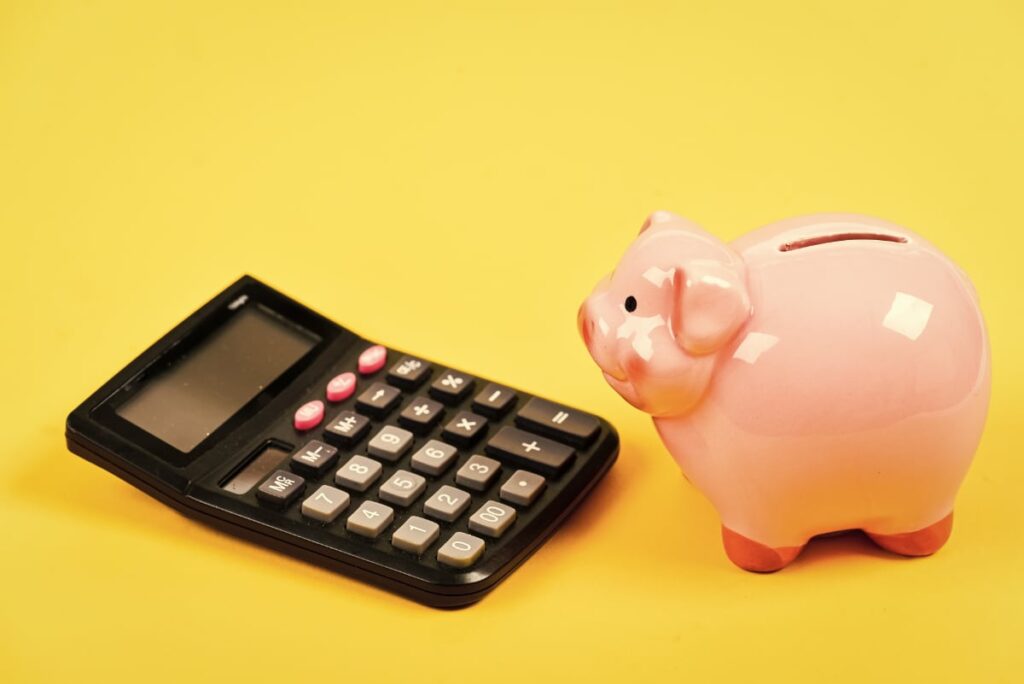
We’re currently seeing high inflation in Ireland and other countries. It’s impacting the price of many products that we all buy, though some are more obviously impacted than others. The housing market is nuts. There’s very little available and what is on the market is at an inflated price. (I’m using a few tweets from Bonkers as they’re easy to understand)
Our mortgage rates are higher than most of Europe and there’s very little competition in the market:
You can’t magically create more houses overnight, but there are other prices that can be impacted more easily.
One area where prices have been going up and up, and up again is around basic utilities ie. electricity, gas and heating fuel.
It’s February, so it’s still pretty cold out there. Unless you’re a masochist you’re going to have the heating on at least some of the time.
And the cost for doing that this year is notably higher than last year.
Yet the Irish government is reporting “healthy” tax receipts, mostly around VAT.
Here’s the thing about VAT. Of all the taxes we have it’s both the best and the worst in many respects.
If you sell a product (or service) you charge VAT on top of your price, collect that money and then give to the government. (It’s more nuanced than that, but I’m keeping it simple)
So the more businesses sell, the more VAT is charge, the more VAT goes to the government. But, as VAT is a percentage based system the amount charged has a direct impact on the amount of VAT charged.
That’s pretty obvious.
But think about it.
If the cost of electricity is going up, then consumers are being charged more for it, while the government’s coffers actually benefit at our expense.
So I was left scratching my head when the government said they were going to “help” us all by giving us something towards our electricity bills and a few other things. Yet when various people asked about them reducing the VAT rate the very concept was just thrown out. They also refuse to entertain any talk of being a bit more targeted in who benefits from this credit on electricity bills. So people like me who really don’t need it will get it, while nothing will actually be done about the cost of living for people on a minimum wage.
If reducing the VAT rate was impossible, which I don’t think it is, then how did they manage to reduce it in the past?
In Ireland we pay 23% VAT on gas and electricity. So as both utilities have gone up in price so has the government’s VAT receipts.
Yet in the UK, for example, the VAT rate on energy is only 5%.
So what impact would that have on bills?
I ran the numbers on my last couple of bills and the impact was substantial.
| Electricity | Gas | |
| Bill before VAT | 143.99 | 116.93 |
| VAT at 5% | 7.1995 | 5.8465 |
| VAT at 13.5% | 19.43865 | 15.78555 |
| Difference | 12.23915 | 9.93905 |
Even if you reduced the VAT rate from 23% to say 10% you’d be putting money back into people’s pockets.
They did in the past for hospitality and they did it across the board not that long ago, but now the government is flat out refusing to even consider it.
As a business owner this entire thing drives me crazy. With the housing issues hiring staff is far from easy, as they’ve literally got nowhere to live. Thankfully a lot of them are able to work remotely! But the general cost of living increases are not good for anyone.
If the cost of living goes up it means that our staff’s costs increase. So naturally there’s pressure from them to increase wages. Which in turn drives up prices.
It’s a vicious circle.
I’m all for a free market, but we don’t really live in one. The government will impose price restrictions on some products and services when it suits them, but not on others.
Remember when we were all focussed on the pandemic? Yeah well it looks like we’re back to normal business now!







Leave a Reply